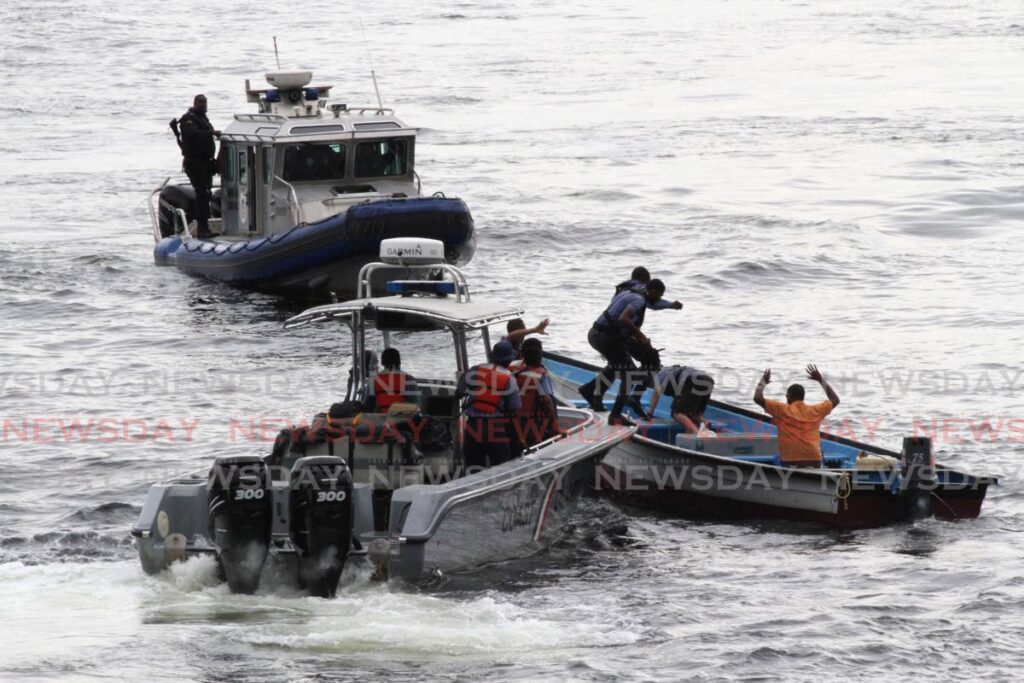Rough waters for Coast Guard

A STRING of recent events has raised questions about the operations of the Coast Guard.
In February, a one-year-old baby succumbed to a gunshot wound in his mother’s arms in an incident at sea involving the Coast Guard.
In March, reports of another incident at sea emerged, involving allegations of assault of Grenadian crew members of a cargo vessel.
In the wake of an incident on April 2, the relatives of four men who are believed to have died after being trapped inside a sunken vessel have accused the Coast Guard of moving sluggishly in both rescue and retrieval attempts.
The Coast Guard’s role in February’s Paria drowning tragedy is also likely to come under scrutiny in the commission of enquiry that has been convened to probe that incident.
And these are recent events we know of.
While the finer details and findings of various investigations in relation to these matters are yet to emerge, it is clear there is cause to take a careful look at the workings of this crucial arm of national security.
Coast Guard officers do not have an easy job. They often face high-stress situations, and there have been longstanding concerns about whether they have the tools required to work effectively.
With there being great concern over the manning of the country’s “porous borders,” crime, illicit trade and migration, the workings of the Coast Guard have also often become subject, at times, to politicisation.
The question of the procurement of vessels – whether billion-dollar OPVs or smaller assets – routinely turns into a political football.
All of it is a disservice to the dedicated and competent officials who are quietly doing their jobs.
But the recent incidents engage wider considerations. They point to training standards, operational issues as well as the possibility of a toxic culture.
The perception that all is not well is worsened in a country where calls for accountability in the protective services as a whole are met with stony silence and seeming inaction, even in instances that suggest flagrant abuse. Mere suspension and reassignment have become the norm, with little word on follow-up action.
There are consequences if these problems are left unaddressed.
Though local foreign affairs officials have been upbeat about this country’s bilateral relationship with Grenada, there are nonetheless concerns in some quarters that a diplomatic fallout could be accompanied by economic implications.
Not to mention the global reverberations – and damage to this country’s reputation – caused by February’s migrant tragedy.
The Coast Guard clearly has a tough job to do. We rely on it to perform highly sensitive functions.
That is why, when it comes to addressing standards within it, the State cannot afford to coast.

Comments
"Rough waters for Coast Guard"